We spent most of our time in class yesterday focusing on how to best conduct interviews. Most of the students don't yet have much experience in student media and only one has any in broadcast. So I did a quick Internet search for sure-fire tips on how journalists prepare for interviews and then conduct themselves while in the midst of one. These tips will help journalism students whether they are using audio recorders or depending on pen and paper only.
Sarah Stuteville offers 13 Simple Journalist Techniques for Effective Interviews. Among them, Stuteville writes, are "be a little annoying" – as in don't be afraid to revisit a question or topic that hasn't been completely answered – and "be a little sneaky," or, in other words, remember to continue taking notes even after the interview is over. In Top 10 Tips for Conducting an Exceptional Interview, Pat Flynn reminds us to remember our audience, prepare open-ended questions, strive for a high-quality production and, yes, to have fun. "If you make it seem like a task or a chore, then it will reflect in the interview – and that's not what we want," Flynn writes.
Shreyasi Majumdar provides 10 more tips in The Art of "Question": How to Conduct a Good Journalistic Interview. They range from selecting interviewees with care to setting clear rules for the interview to avoiding stupid questions. "Interviewees do not like being asked questions which insult their intelligence," Majumdar writes, adding that if you think about to ask one, "take a step back, think about the question again, rephrase if necessary, and then present it more intelligently." For broadcast interviews, Angela Grant presents six tips in Audio Interview Advice Also Useful for Video, including don't let you equipment get in the way, asking the speaker to repeat what's just been said if someone coughs or the dog barks, and don't ruin it all with uh-huhs. "Simple nods and smiles are enough to let people know you're listening," Grant writes.
If all these aren't enough, David Sparks shares 30 Tips on How to Interview Like a Journalist that he writes come from his questioning fellow journalists for their best advice. From making the interviewee comfortable, to asking to spell and pronounce their name and title, to asking about feelings, to not trying to fill the void – give the subject time to answer – there's plenty to learn and consider among these tips, whether it's for print, blog, radio, TV and films.
Finally, in 50 Common Interview Q&A, Bhuvana Sundaramoorthy begins with "tell me about yourself" and ends with "do you have any questions for me?" Clearly, this list offers typical job interview questions. But they also can be used or altered by a journalist asking about a person, institution, team, organization, community, etc. For their news service assignments, for example, my students can ask a nonprofit leader, "What motivates you to do your best on the job?" or "Why (did) you want to work for this organization?" or "What is your (organization's) greatest strength?"
Any student that makes smart use of these dozens of interview tips will almost certainly return with a nice story.
Check out my profile on Lynne Mofenson for
— Marissa Evans (@marissaaevans) August 2, 2012@washingtonpost: wapo.st/OLlWtw Used@herbertlowe's 119 tips for help: bit.ly/QxVwPh
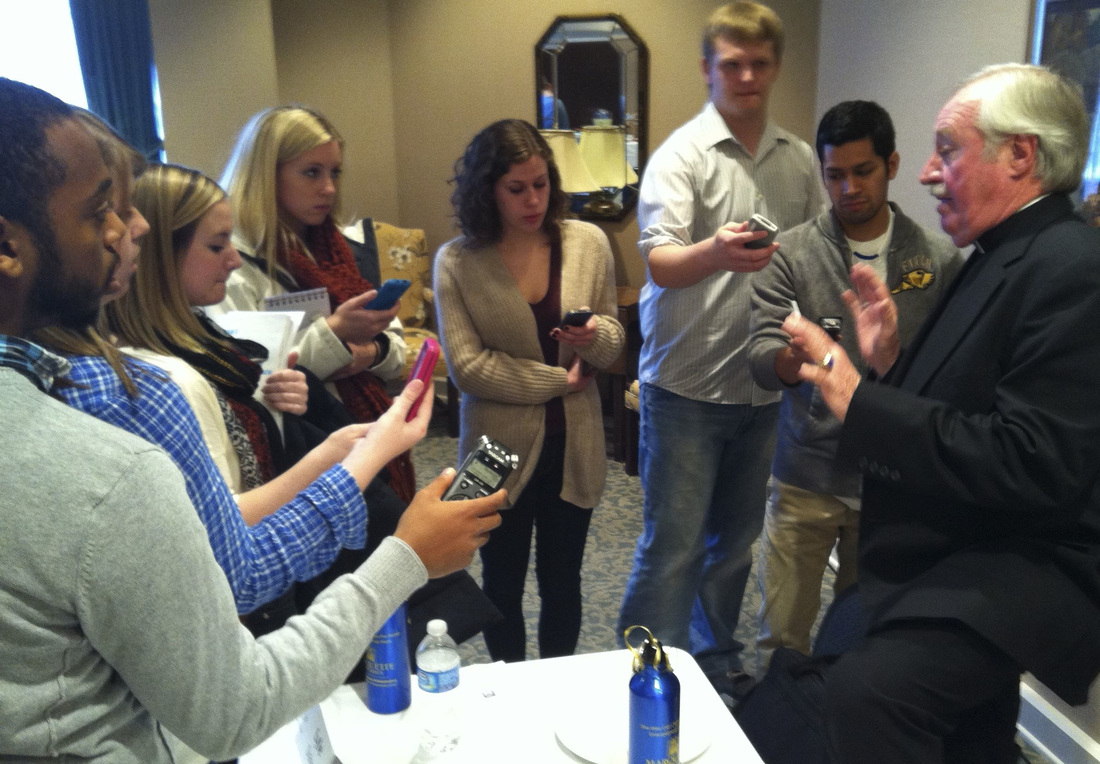
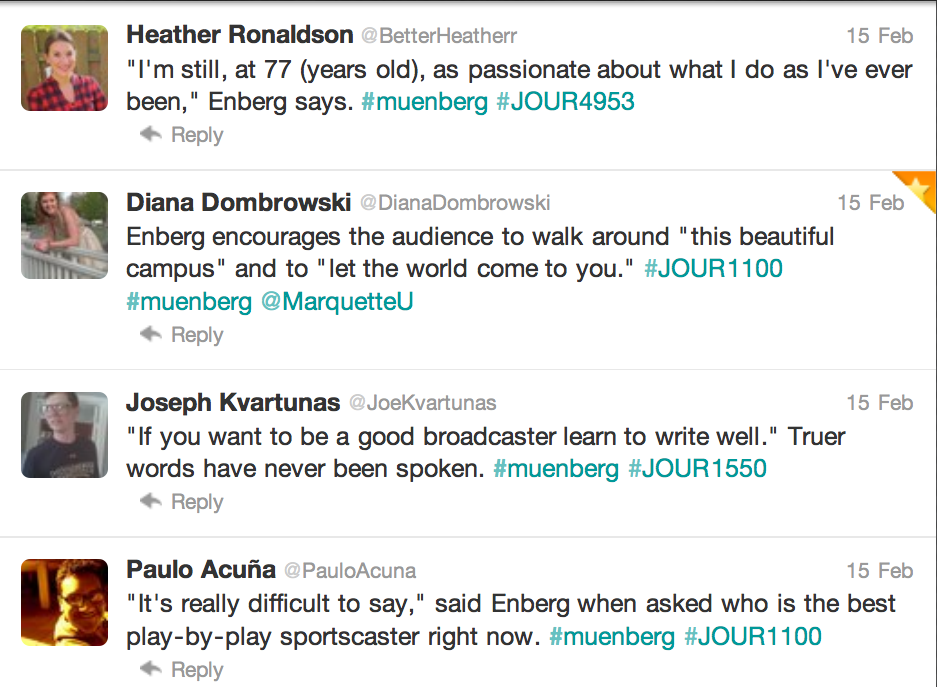
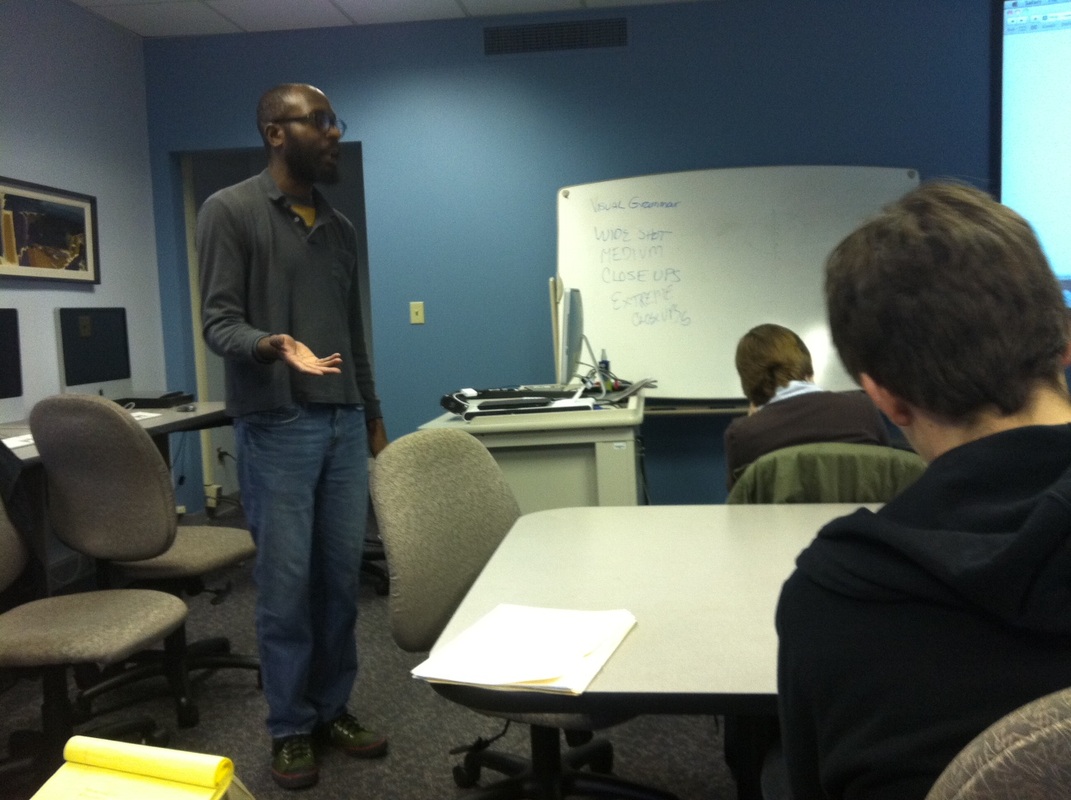

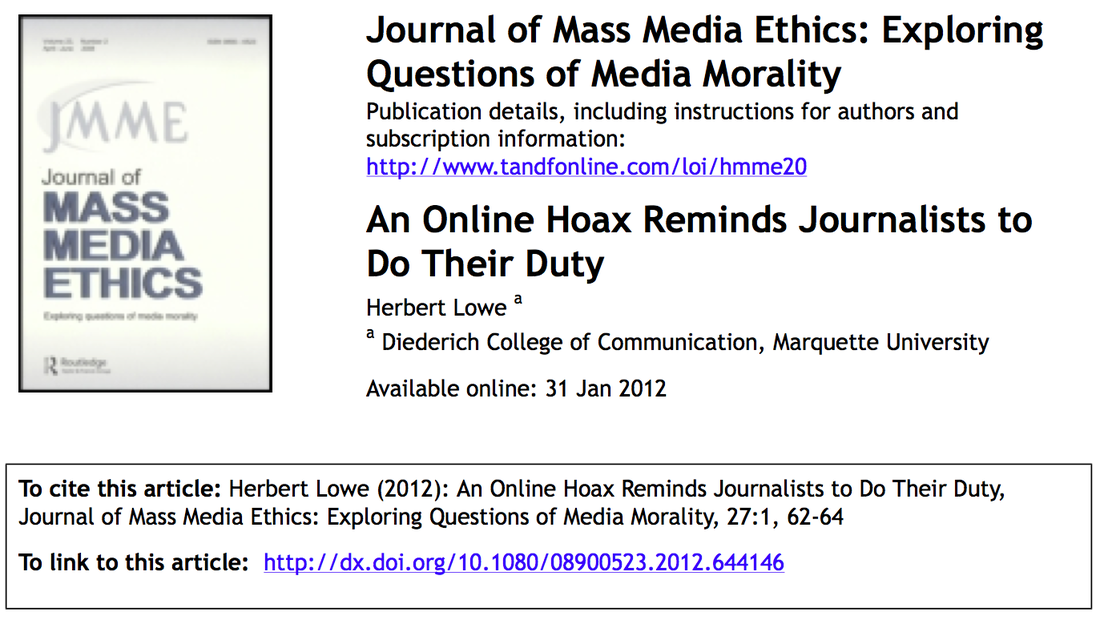
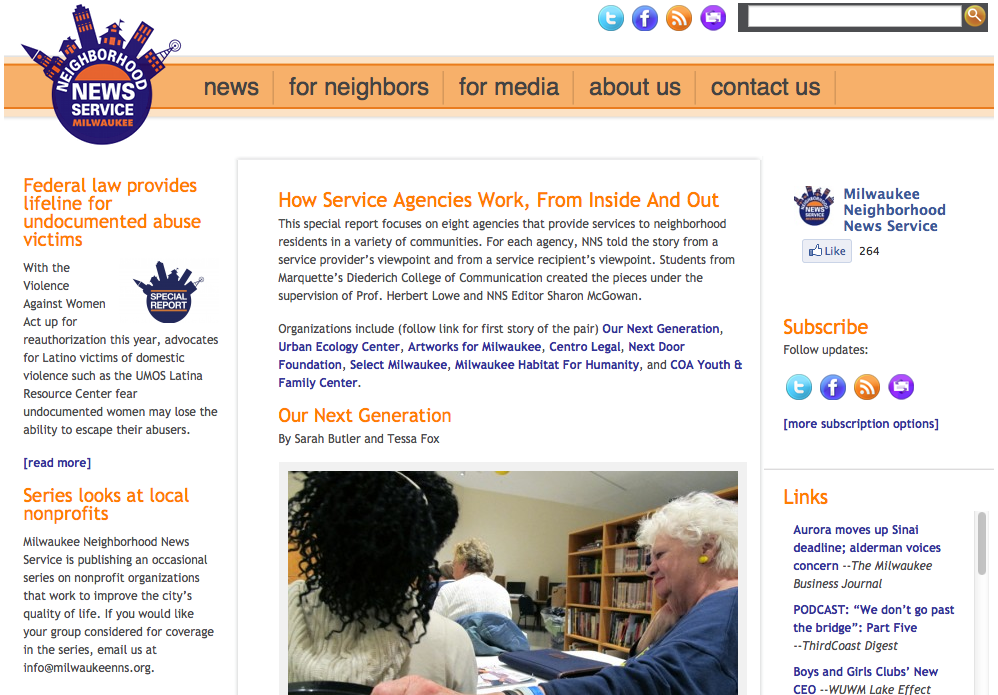
 RSS Feed
RSS Feed
